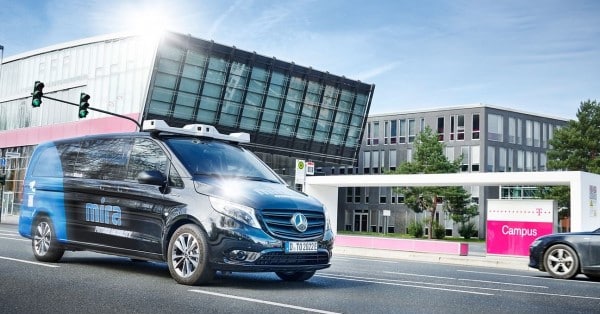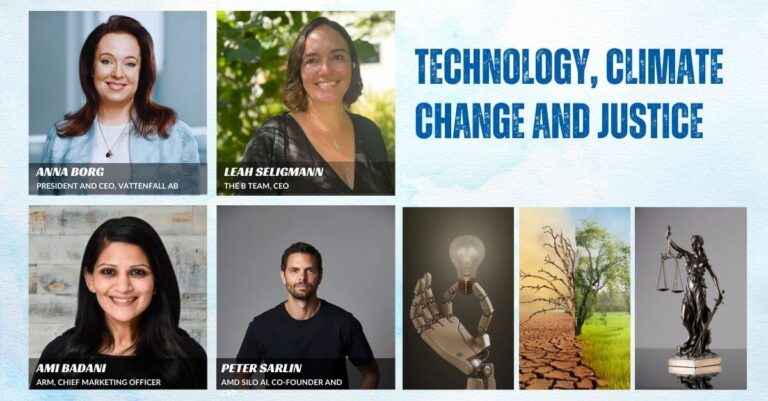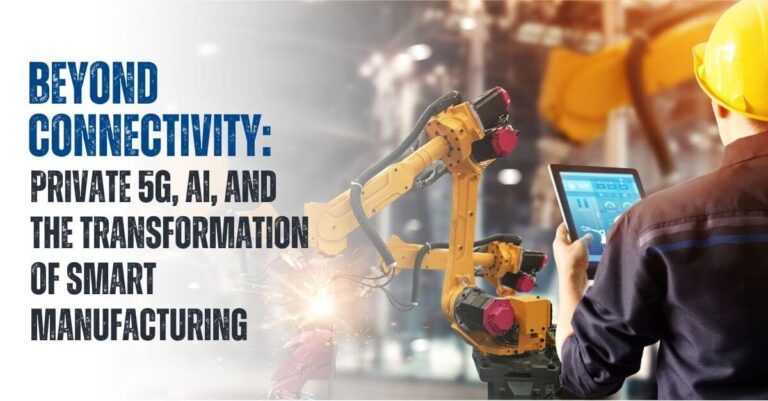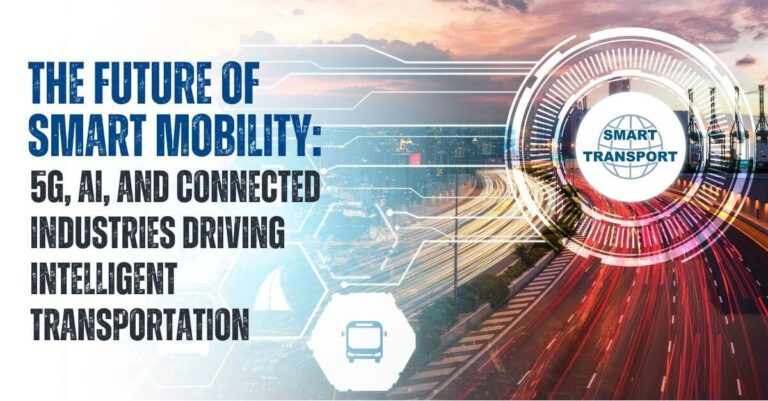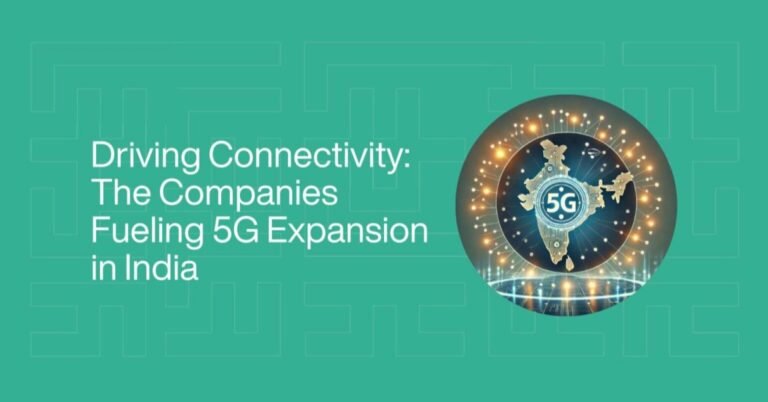The Advent of Teleoperated Shuttles Deutsche Telekom AG and MIRA GmbH have inaugurated a pioneering project that revolves around teleoperated driving, marking a significant advancement in automotive technology. They are presently testing the functionality of a teleoperated shuttle service that connects multiple Deutsche Telekom facilities within Bonn.
Benefits of Teleoperated Driving Teleoperation has the potential to elevate the functionality of automated shuttle systems. By negating long durations of inactivity and standby, it can significantly increase the efficiency of these vehicles. Remote monitoring and control of vehicles from a centralized hub also amplify the frequency of vehicle utilization.
Klaus Kappen, the Chief Executive Officer of MIRA GmbH, emphasized the substantial role teleoperated driving will play in augmenting transport’s efficiency and sustainability. Collaborating with Deutsche Telekom AG provides a platform to craft and trial innovative mobility solutions in real-world scenarios.
The Role of 5G in Teleoperated Driving 5G technology stands as the linchpin for teleoperated driving. Deutsche Telekom’s 5G infrastructure facilitates the instantaneous transmission of voluminous data sets between the vehicle and its control center, ensuring a seamless remote vehicular operation.
Olga Nevska, the Managing Director of Telekom MobilitySolutions, articulated the evolving landscape of mobility. With teleoperated vehicles, the journey from one point to another is being redefined, intertwining safety and convenience.
Bonn: A Pioneer in Mobility Bonn already boasts a reputation for fostering modern, eco-friendly mobility alternatives, such as bicycles, buses, and trams.
Katja Dörner, Bonn’s Mayor, conveyed her excitement over the city being among the first in Germany to facilitate the trials of this cutting-edge shuttle service. She envisions teleoperated vehicles streamlining shuttle services, benefiting both passengers and operational efficiency, thereby reinforcing Bonn’s commitment to sustainable mobility.
Future Implications of 5G and Teleoperated Driving 5G is set to introduce groundbreaking technological possibilities like network slicing and quality on demand, which would be crucial for applications demanding minimal latency and high bandwidth simultaneously. This pilot project endows Deutsche Telekom with valuable insights into the prerequisites of these nascent technologies and the 5G network framework, all crucial for driverless mobility’s evolution. MIRA GmbH is firmly set on its mission to spearhead the transition to automated driving, shaping the future of mobility. Although teleoperated journeys in Germany are currently under stringent regulation, they hold the promise to be a fundamental component of future mobility. National and European bodies are in the process of delineating the legal parameters for teleoperated driving.



